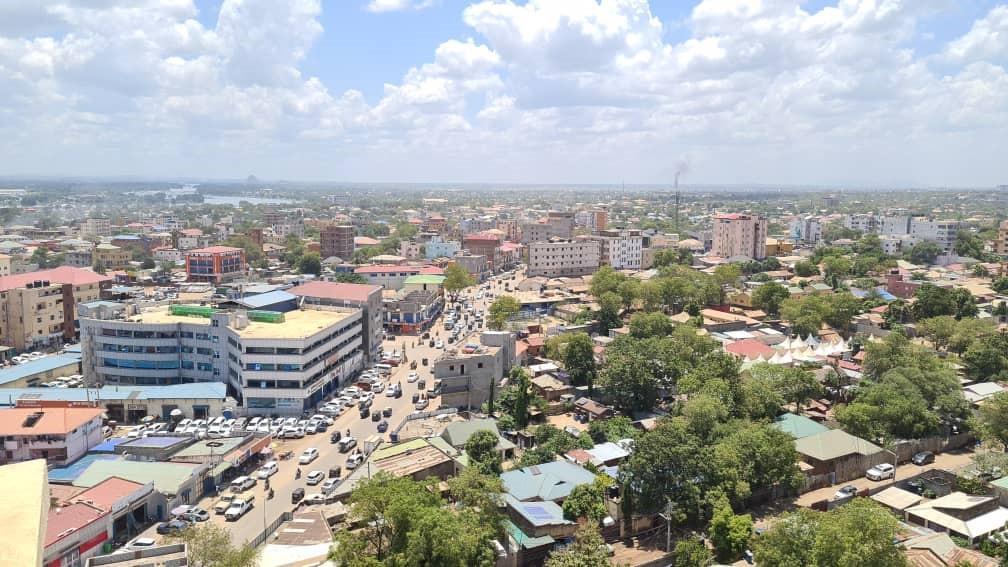Africa-Press – South-Sudan. The South Sudan Revenue Authority has begun zoning Juba City into ten areas for a new taxpayer registration campaign aimed at boosting revenue collection and improving tax compliance.
According to Simon Akuei Deng, the Commissioner General of the Revenue Authority, the exercise involves door-to-door registration of all businesses, service providers, and self-employed individuals across the capital.
In a press release issued on Tuesday, Akuei said the process is free of charge, and no one is allowed to demand payment during the registration.
He said anyone found impersonating South Sudan Revenue Authority officials or collecting money will be prosecuted.
“No individual or agent is authorized to request or collect payment on behalf of the SSRA during this process. Anyone found engaging in unauthorized collection of fees or impersonating. SSRA officials will be reported to the relevant authorities and prosecuted,” he warned.
The authority said the goal is to build a complete and updated database of taxpayers, support fair taxation, and strengthen service delivery in South Sudan.
The SSRA is urging all business operators in both the formal and informal sectors to cooperate with the registration teams and provide accurate information.
The public is also advised not to allow anyone into their premises unless they present a valid SSRA identification card clearly showing the authority’s official logo.
It said that for concerns or to report suspicious activity, residents are encouraged to contact the nearest SSRA office.
Under the new zoning plan, Juba City is divided as follows:
Zone 1: Juba Town, Hai Cinema, Hai Malakal, Malakia, Hai Commercial, Kator, Konyokonyo, Gabat, Hai Amarat, Nimira Talata.
Zone 2: Giada, Suk Sita, Atalabara, Lologo, Khor Williang, Jebel Area, Rock City, Nyakuron, Mauna, Checkpoint
Zone 3: Gumbo–Sherikat, Zone 4: Munuki Area, Zone 5: Thongpiny, Zone 6: Gudele
Zone 7: Mia Saba, Hai Referendum, Eden, and New Site, Zone 8: UN and diplomatic missions, Zone 9: Gurei, Zone 10: Jebel Dinka and Luri.
Last month, the Central Equatoria government dismissed the South Sudan Revenue Authority’s claim that the state had no mandate to collect revenue on behalf of the national government, citing Article 179 of the Transitional Constitution of South Sudan, which allows the state to collect its revenue.
For More News And Analysis About South-Sudan Follow Africa-Press






